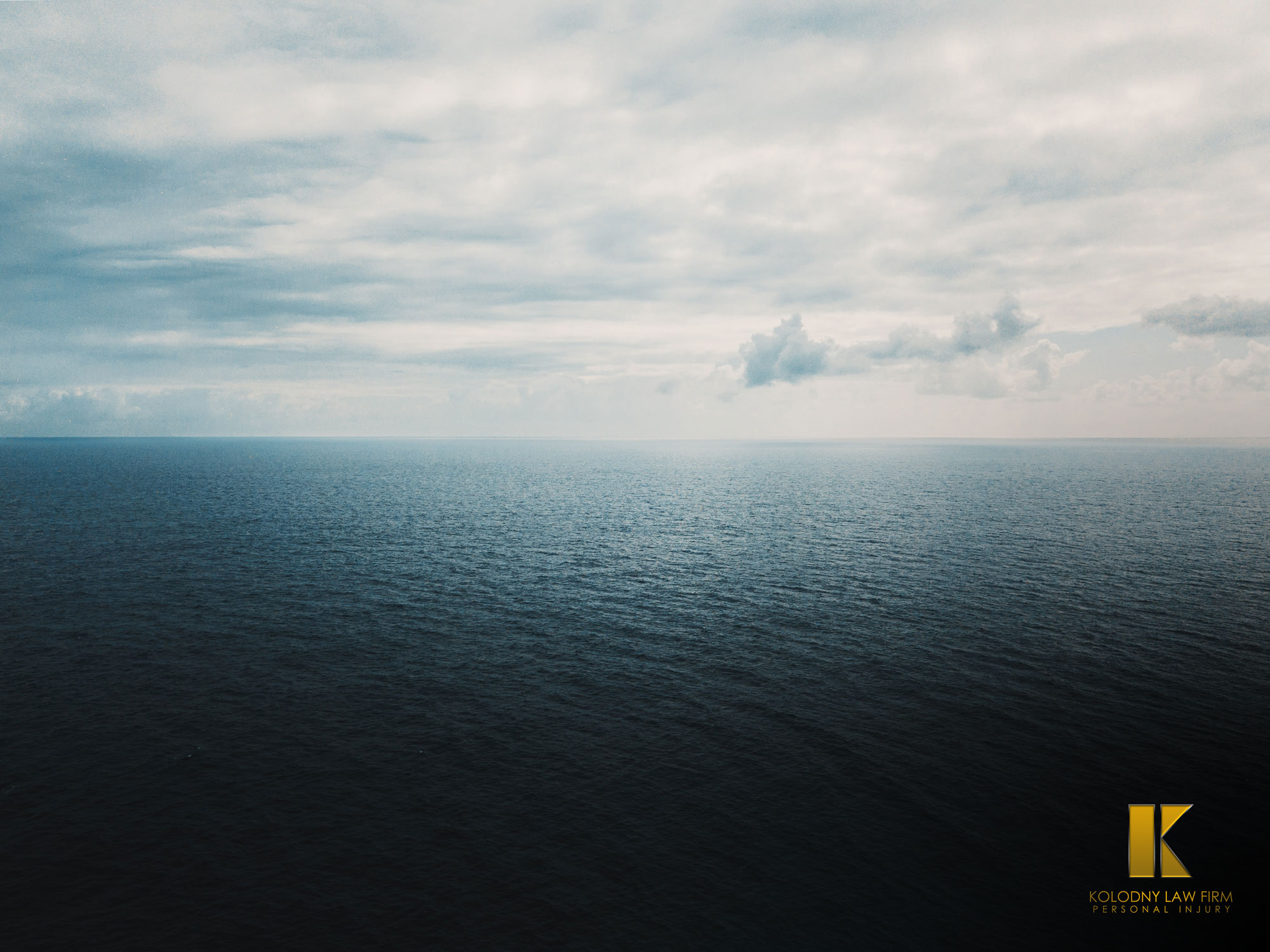
According to reporting from The New York Times, the United States Coast Guard (USCG) is ending its search for a woman who fell from a cruise ship along the Pacific Coast near Baja California. The victim, who was not yet officially identified, reportedly fell from her stateroom balcony on a Carnival cruise liner. Here, our Houston cruise ship accident attorneys explain what we know about the incident and discuss the responsibility that cruise companies have to protect their passengers.
Carnival Cruise Ship Accident: Woman Fell From Balcony
The Carnival Miracle cruise ship was scheduled for a three-day voyage—starting and ending in Long Beach, California. During the three-day cruise, a woman fell from her stateroom balcony just off of the coast of Ensenada, Mexico. Working in a partnership with the Mexican Navy, the U.S. Coast Guard searched 520 nautical miles the following day. Unfortunately, the passenger could not be located. The search was halted pending further information.
Many Carnival cruise liners are equipped with a “stateroom” balcony.” While the balconies vary somewhat from vessel-to-vessel, they tend to be a small patio area with two chairs and a table. Cruise ship safety experts note that passenger falls are significantly less common than they were in prior decades. That being said, passengers falling overboard from cruise ship balconies still remains a serious safety concern.
What to Know About the Cruise Vessel Security and Safety Act
The Cruise Vessel Security and Safety Act (CVSSA) is a federal statute passed in law in 2010. Among other things, the CVSSA is designed to help protect cruise ship passengers from falling overboard. It puts more stringent requirements on commercial cruise ship companies. Most notably, the Cruise Vessel Security and Safety Act mandates that all cruise vessels operating from U.S. ports must meet the following safety standards:
- Railing Height: All railings on passenger cruise ships must be at least 42 inches above the deck. A railing shorter than that, even if on a private room balcony, is an inherent safety hazard in violation of federal law.
- Alarm Technology: The CVSSA also requires commercial cruise ship operators to install alarms and other technology that immediately alert the crew if a passenger falls overboard.
A commercial cruise ship company that fails to comply with CVSSA or any other applicable federal safety regulation may be legally liable for the harm suffered by passengers. While there is currently no indication of wrongdoing on Carnival’s part in this case, the matter is still under investigation.
Contact Our Southeast Texas Cruise Ship Accident Lawyers Today
At the Kolodny Law Firm, our Texas cruise ship accident attorneys have a passion for justice. Victims and their families deserve accountability and full financial compensation. If you or your family member was hurt in a cruise ship accident, we are here to help. Give us a call now or send us a direct message for a free review of your case. Our firm provides cruise ship accident and injury representation in Texas and throughout the wider Gulf Coast region.

